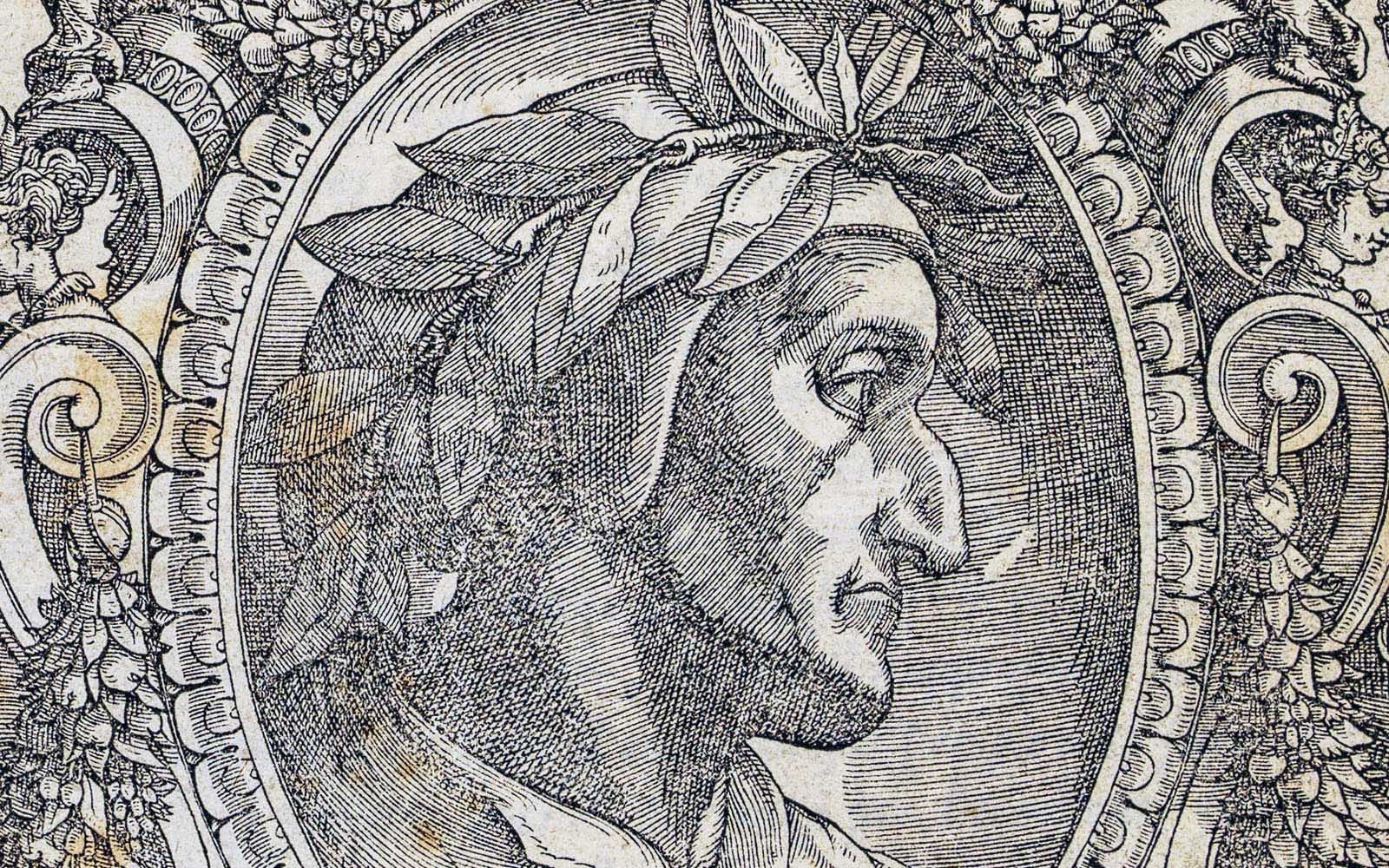Dante and Ulysses. From myth to modernity
With António M. Feijó and Teresa Bartolomei
Event Slider
Date
- / Cancelled / Sold out
Ulysses, the man who knew a lot, saw a lot, travelled a lot and suffered a lot, fought for his life and to return home, but failed to save his friends who, driven mad, perished: they lacked his wisdom (Odyssey I, 1-5). In five striking verses, the opening of Odyssey describes the greatest hero of western literature, who periodically reappears, faithful to himself but always different: the king of disguise, of change, of adaptation.
Intelligence and suffering, a thirst for knowledge and experience of failure are the distinctive features with which every reader can identify, and many poets have turned to him to rediscover the face of humanity. By placing him in Inferno, Dante makes Ulysses a wretched but sublime figure: protagonist of a journey to the heart of the unknown, an unrepentant sinner, ambiguous seducer, torn between fraud and dignity. The mix of greatness and abjection described by Dante offers Ulysses a way out of the myth to become an icon of contemporary man. If Joyce’s Ulysses owes as much to Homer as to Dante, it is because the heroism of failure has become part of modern self-perception.
BIOGRAPHIES
António M. Feijó A lecturer at the Faculty of Arts of the University of Lisbon, he has written books and essays on European and North American Modernism. He has translated Shakespeare, as well as other English-language authors.
Teresa Bartolomei With a doctorate from the Literary Theory programme at the University of Lisbon, she is currently integrated researcher at CITER, Research Centre for Theology and Religious Studies (UCP), and guest lecturer at the Faculty of Theology of the Portuguese Catholic University. In 2018, she published Radix Matrix (Lisbon: UCE), an essay on ecclesiology and citizenship, St Paul and the communitarian dimension of democracy. She discusses the question of evil from a personal and civilisational perspective according to bible texts in Dove abita la luce (Milan: Vita e Pensiero, 2019), a book that deals, in particular, with the theme of ecological crisis, based on a re-reading of the figure of Noah.
